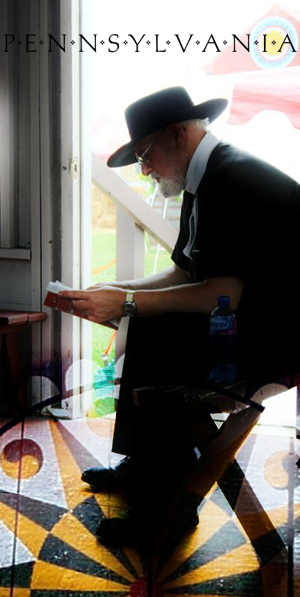Spirituality of the PA Germans |
 |
This course will examine the religious ideas and historical movements that influenced and shaped the cultural and spiritual tradition of the Lutheran and Reformed Germans who settled in eastern Pennsylvania. It is in two sections: “Church” Spirituality which was the organized, formal system of beliefs that was taught in the church and in the catechism and other religious writings; and “Folk” Spirituality which was the interpretation and application (and often corruption) of the German mystical tradition and religious beliefs in the daily lives of the people, and which was passed down primarily through an oral tradition. |
COURSE SYLLABUS: 2. The Protestant Reformation in Germany 4. Development and Characteristics of Pennsylvania German Spirituality 6. Worship and Liturgy 7. Folk Spirituality 8. Faith Healing 9. Reformed Theology Today and the Future of Pennsylvania German Spirituality |

